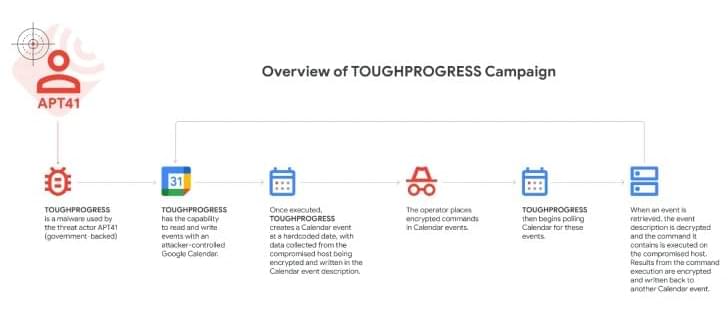Fake AI installers for ChatGPT and InVideo deliver ransomware and info-stealers via SEO scams and social ads, targeting businesses.



Cybersecurity researchers have taken the wraps off an unusual cyber attack that leveraged malware with corrupted DOS and PE headers, according to new findings from Fortinet.
The DOS (Disk Operating System) and PE (Portable Executable) headers are essential parts of a Windows PE file, providing information about the executable.
While the DOS header makes the executable file backward compatible with MS-DOS and allows it to be recognized as a valid executable by the operating system, the PE header contains the metadata and information necessary for Windows to load and execute the program.


Threat actors linked to lesser-known ransomware and malware projects now use AI tools as lures to infect unsuspecting victims with malicious payloads.
This development follows a trend that has been growing since last year, starting with advanced threat actors using deepfake content generators to infect victims with malware.
These lures have become widely adopted by info-stealer malware operators and ransomware operations attempting to breach corporate networks.

Threat actors are abusing the ‘Google Apps Script’ development platform to host phishing pages that appear legitimate and steal login credentials.
This new trend was spotted by security researchers at Cofense, who warn that the fraudulent login window is “carefully designed to look like a legitimate login screen.”
“The attack uses an email masquerading as an invoice, containing a link to a webpage that uses Google Apps Script, a development platform integrated across Google’s suite of products,” Cofense explains.



Cybersecurity researchers have disclosed a malware campaign that uses fake software installers masquerading as popular tools like LetsVPN and QQ Browser to deliver the Winos 4.0 framework.
The campaign, first detected by Rapid7 in February 2025, involves the use of a multi-stage, memory-resident loader called Catena.
“Catena uses embedded shellcode and configuration switching logic to stage payloads like Winos 4.0 entirely in memory, evading traditional antivirus tools,” security researchers Anna Širokova and Ivan Feigl said. “Once installed, it quietly connects to attacker-controlled servers – mostly hosted in Hong Kong – to receive follow-up instructions or additional malware.”

